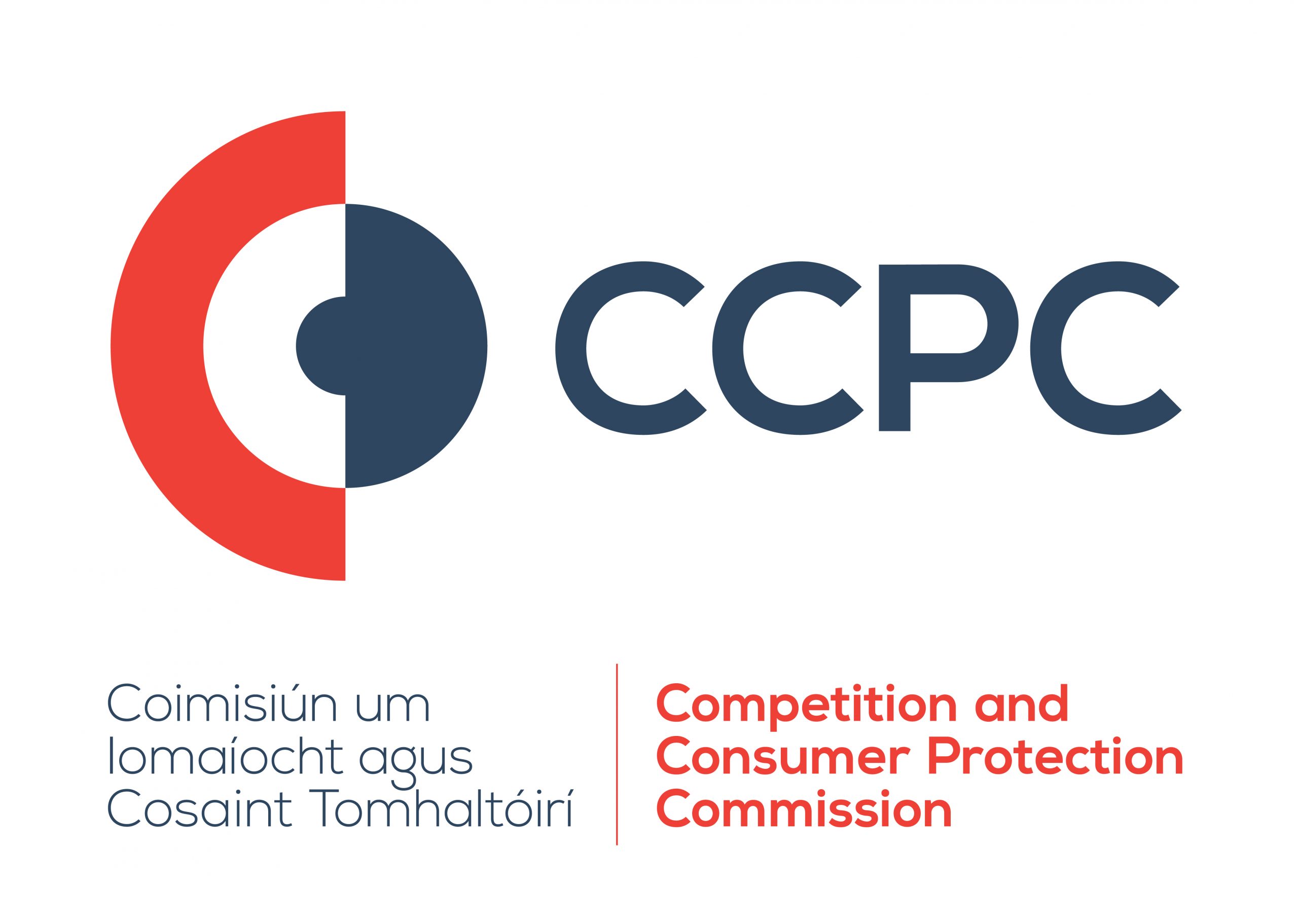
The Competition and Consumer Protection Commission (CCPC) recently issued a warning about the importance of compliance with new sales pricing rules called the Price Indication Regulations 2022. As planning for the Black Friday and Christmas sales is well underway, we spoke to Kevin O’Brien, a Member of the CCPC, whose responsibilities include Consumer Protection and the CCPC’s Enforcement Division, about what this means for Irish businesses and consumers.
What prompted the recent warning from the CCPC?
Throughout the year, we undertake market surveillance and inspections to check compliance with consumer protection law, and this helps inform the focus for our work. In late 2022 – early 2023, we undertook a specific piece of market surveillance which looked at businesses’ sales prices. The rules changed on 29 November 2022, when the EU directive on Price Indication Regulations was transposed into Irish law and we wanted to see whether businesses had changed their practices around price reduction announcements. Unfortunately, we found that most businesses hadn’t, and we identified several concerning pricing practices. We now wish to tell businesses that our focus has moved from engagement to monitoring compliance, and sales pricing is now an enforcement priority for us.
What did these concerning pricing practices look like?
We found businesses who didn’t provide the previously applied price, and even more concerning is that we found businesses who used previous prices that never actually applied. We also found businesses who were using only a recommended retail price (RRP), rather than the lowest previous price. The new regulations don’t specifically address the practice of displaying the RRP. However, to be clear, businesses who use the RRP, whether or not in combination with a sales offer, must pay utmost attention to make sure that consumers are not misled. If a reference to an RRP is included in a sales announcement it must not create confusion or take away attention from the prior price.
What do businesses need to know about the Price Indication Regulations?
In a nutshell, if a business is announcing a sale, then they must base the price reduction on the lowest price an item was on sale for in the previous 30 days.
They must also show this prior price to customers and all sales announcements and labels should be clear and easy to read. These regulations apply both in store and online. A discount must be a real discount and the CCPC will not allow businesses to mislead consumers into thinking that they are getting a better deal than they actually are.
“In a nutshell, if a business is announcing a sale, then they must base the price reduction on the lowest price an item was on sale for in the previous 30 days.”
What does that look like in practice?
Let’s say a laptop was priced at €550 on the first of October and increased to €600 on the 15th of October. The shop announces 20% off the laptop from the 29th October. In this announcement, the shop must show the lowest price applied in the 30-day period before the price reduction – so, €550. They must also base the reduction calculation on this price.
What is the goal of these regulations?
Previously the law didn’t set out specific rules around the length of time a price had to apply before it could be considered a discount, and particularly around the major sales periods we heard concerns from consumers about whether the sales they were seeing were not actually sale discounts. These rules ensure there is no ambiguity and that all businesses are applying the same principles when they are setting their sale prices.
Compliance with these regulations will allow consumers to have trust in sales prices, which is especially important coming up to big events like Black Friday.
Does this mean a business can’t give a special discount to a particular customer?
No – the new regulations focus on when a business makes a price reduction announcement to customers in general. They do not cover individualised or personalised price reductions which are dependent on negotiations with an individual customer.
Businesses often advertise sales by saying “Up to 50% off almost everything” or similar – is this now banned?
In a general price reduction announcement like that, the prior price does not have to be indicated on the same medium as the price reduction announcement itself. However, the individual goods covered by the announcement must display the prior price – on price tags in shops or on the product page in online stores, for example.
You’ve said the focus is now on enforcement. What powers does the CCPC have?
We have several compliance tools we can use – from the issuing of fixed payment notices and Compliance Notices all the way up to criminal prosecution.
Businesses found to be in breach of these laws could face a Class A fine of up to €5,000. We continue to monitor compliance and businesses should be aware that we will investigate suspected breaches, so I strongly encourage everyone to keep a record of their pricing changes to show that they’re compliant.
“We have several compliance tools we can use – from the issuing of fixed payment notices and Compliance Notices all the way up to criminal prosecution.”
What can a business do if they see a competitor who isn’t following the rules?
Consumer protection law doesn’t just protect consumers; it also protects businesses. In this instance it means that if a business is playing by the rules and being honest in their claims, you shouldn’t be losing out to a competitor who is advertising bigger discounts, which are simply not genuine.
If you know other businesses are making false claims, we want to hear from you. We do need detailed information in order to progress our enquiries, but we welcome reports from businesses on any potential breaches they are seeing.
Where can we find more information?
We offer resources to help businesses understand their obligations. A copy of our Price Reductions Business Guidelines booklet, along with specific examples of the concerning practices we found in our analysis, can be found on our website. These resources and a number of Frequently Asked Questions submitted by businesses and answered by the CCPC can also be found at ccpc.ie/reductions. If a business has doubts about whether their conduct complies with the law, they should seek independent legal advice.





















